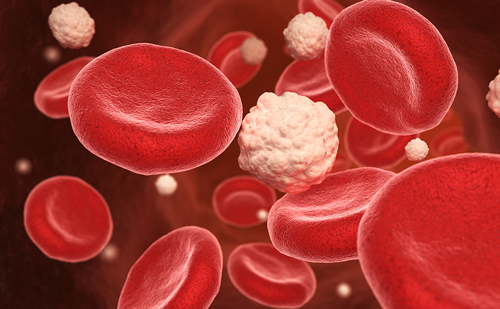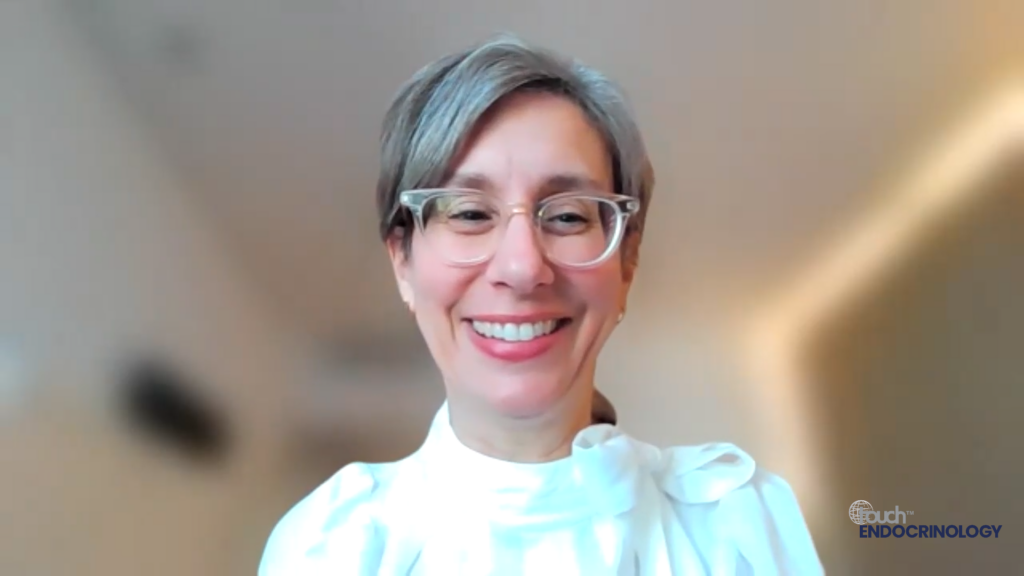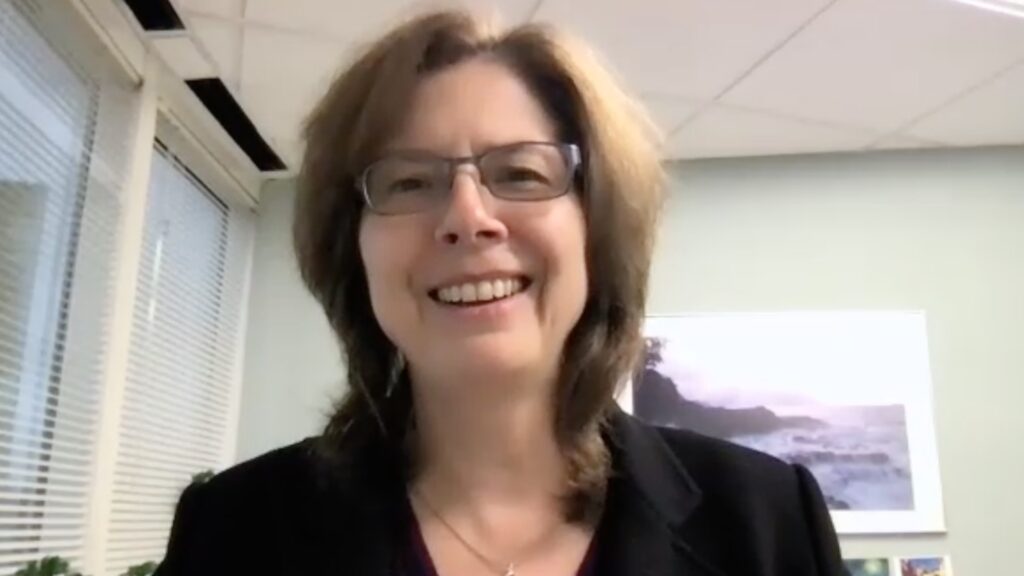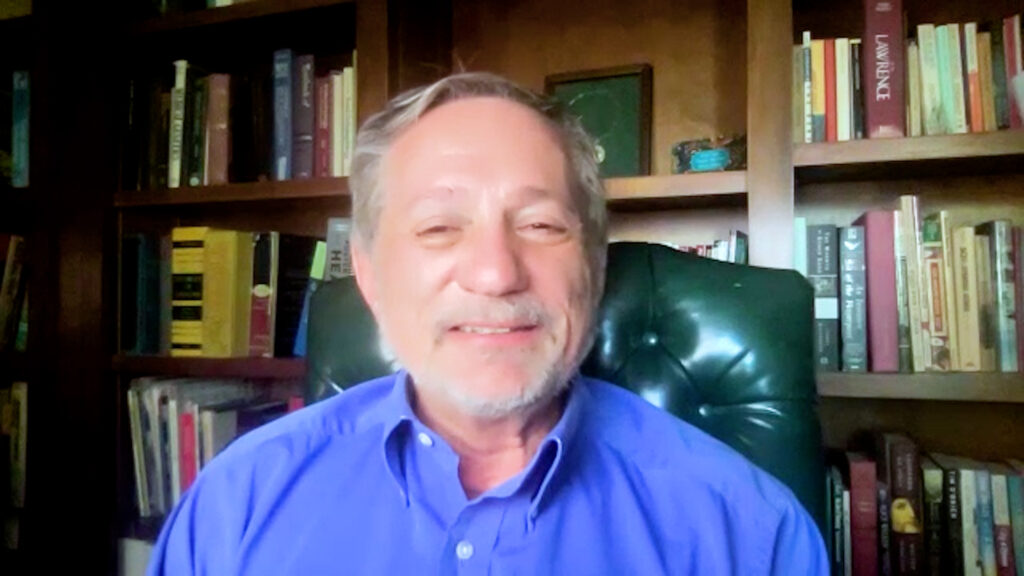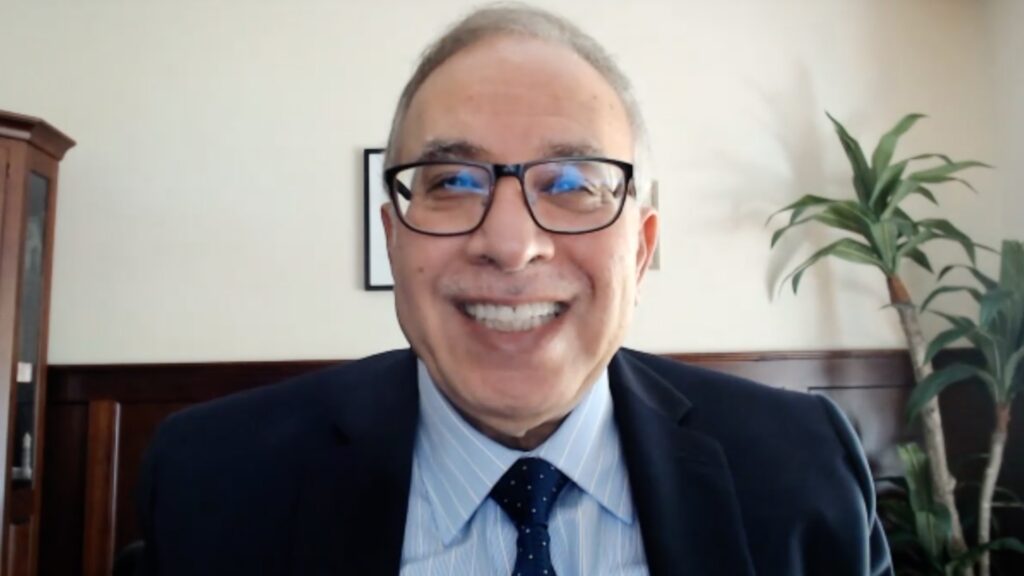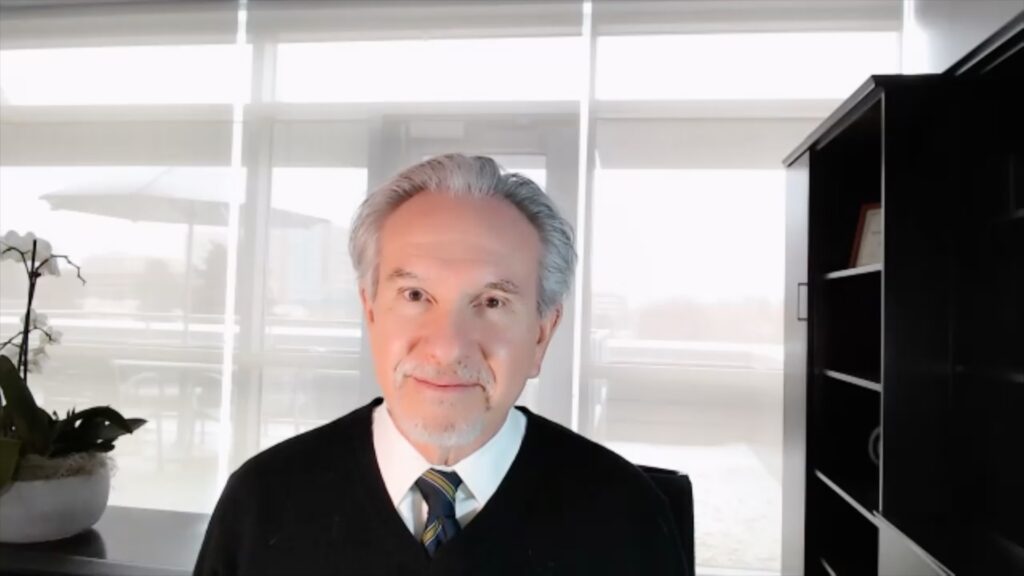In this expert Q&A we are delighted to welcome our Editorial Board member Dr Sanjay Kalra, a leading endocrinologist with over two decades of experience at Bharti Hospital, Karnal, India. A passionate educator and researcher, Dr Kalra serves as Education Editor of the International Society of Endocrinology (ISE) and is deeply involved in global endocrine education. His leadership extends to roles such as Immediate Past President of the Endocrine Society of India and Vice-President of the South Asian Federation of Endocrine Societies.
Dr Kalra has contributed extensively to clinical practice and medical literature, holding editorial positions in several prominent journals. He has also pioneered initiatives like the global EndoText webinars on clinical cases, reflecting his commitment to improving patient care and education worldwide.
In this interview, we explore his career, inspirations, and vision for the future of endocrinology.
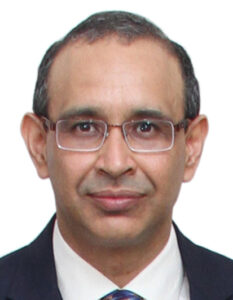 What motivated or inspired you to specialise in endocrinology?
What motivated or inspired you to specialise in endocrinology?
The epidemic of diabetes and obesity, as well as their associated complications, had just “arrived” in India. It was clear that all hands would be required on board to manage these endocrine and metabolic diseases. I was fascinated by endocrinology during my post-graduate studies. The cross-talk of the hormones, and their influence on virtually every aspect of health, intrigued me.
The lack of endocrinology services in my state motivated me to choose this subject as a career. As I look back at my 25 years in endocrinology, I feel satisfied that I have been able to contribute to the betterment of endocrine care as well as education, in the country, and beyond.
Do you have any advice for young, aspiring endocrinologists?
We need to be humble and humane, person-centred and community sensitive, in order to be a good endocrinologist. Let your patients teach you about health and disease, about physiology and pathology: they are the best teachers At the same time, do not let them dictate or direct your management: learn how to take them along, through shared and informed decision making, through teamwork.
Endocrine practice is an art as well as well as a science. Keep abreast with the latest advances in research, Do keep polishing the art of endocrinology, including communication, and motivation skills as well.
What is your prediction for where your subspecialty will be 10 years from now?
Endocrinology is the toughest residency to get admitted to in India, and is available only to the highest ranked postgraduates of medicine and pediatrics.
As global disease patterns change endocrinologist will increasingly work as bariatric or metabolic physicians, and as longevity or anti-ageing specialists. Interventional endocrinology will gain ground and allow us to improve the quality of care that we offer to their patients.
Over the next decade, endocrinology should emerge as the prime specialty for prevention and management of endocrine and metabolic disease, as well as promotion of public health across the world. Endocrinology has a bright future.
Support: No funding was received in the publication of this short article.
Cite: Kalra S. Building a legacy: Dr Sanjay Kalra’s endocrinology journey. touchENDOCRINOLOGY. September 23, 2024.
Why not take a look at Dr Kalra’s recent publications in touchREVIEWS in Endocrinology:

